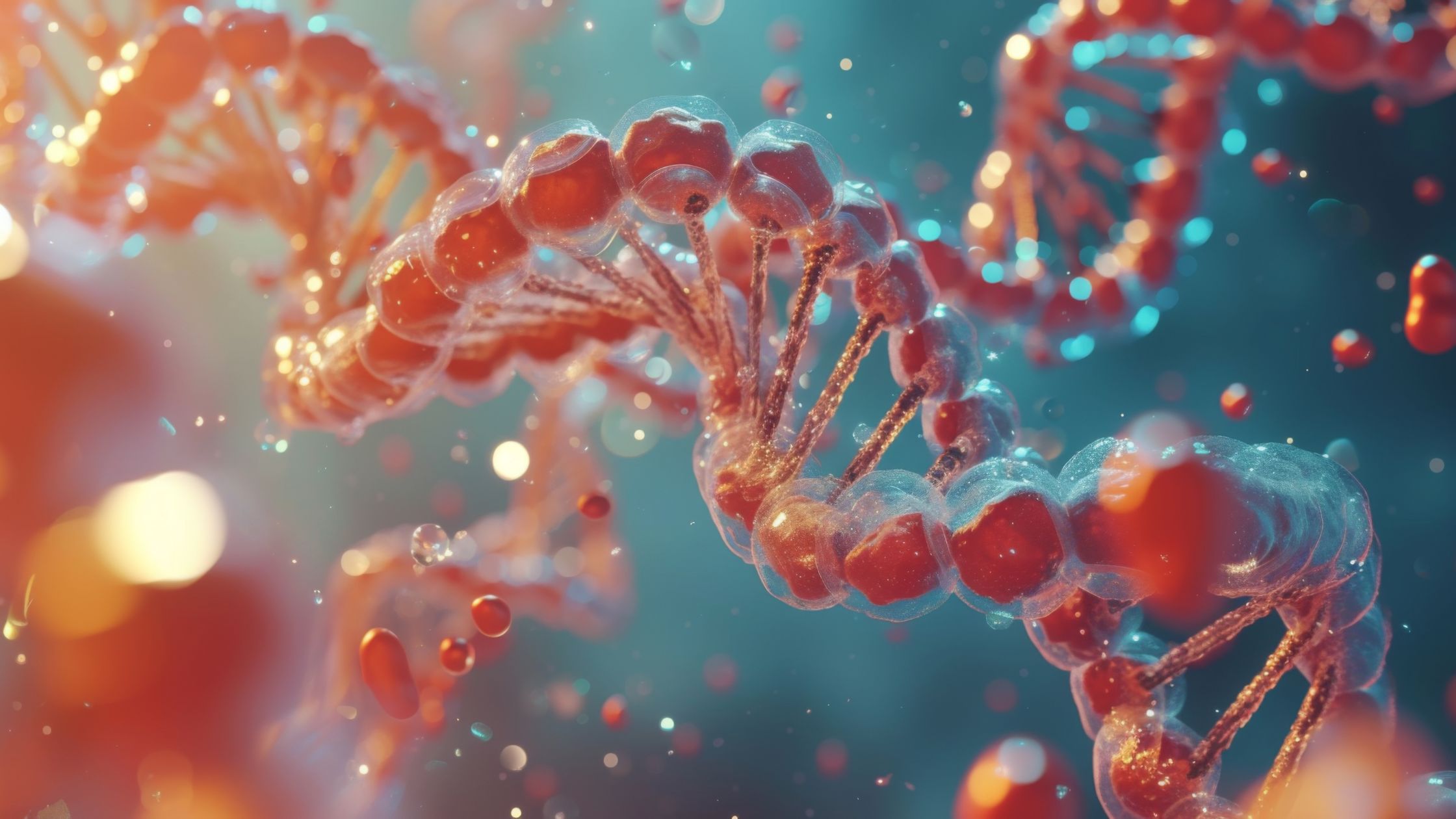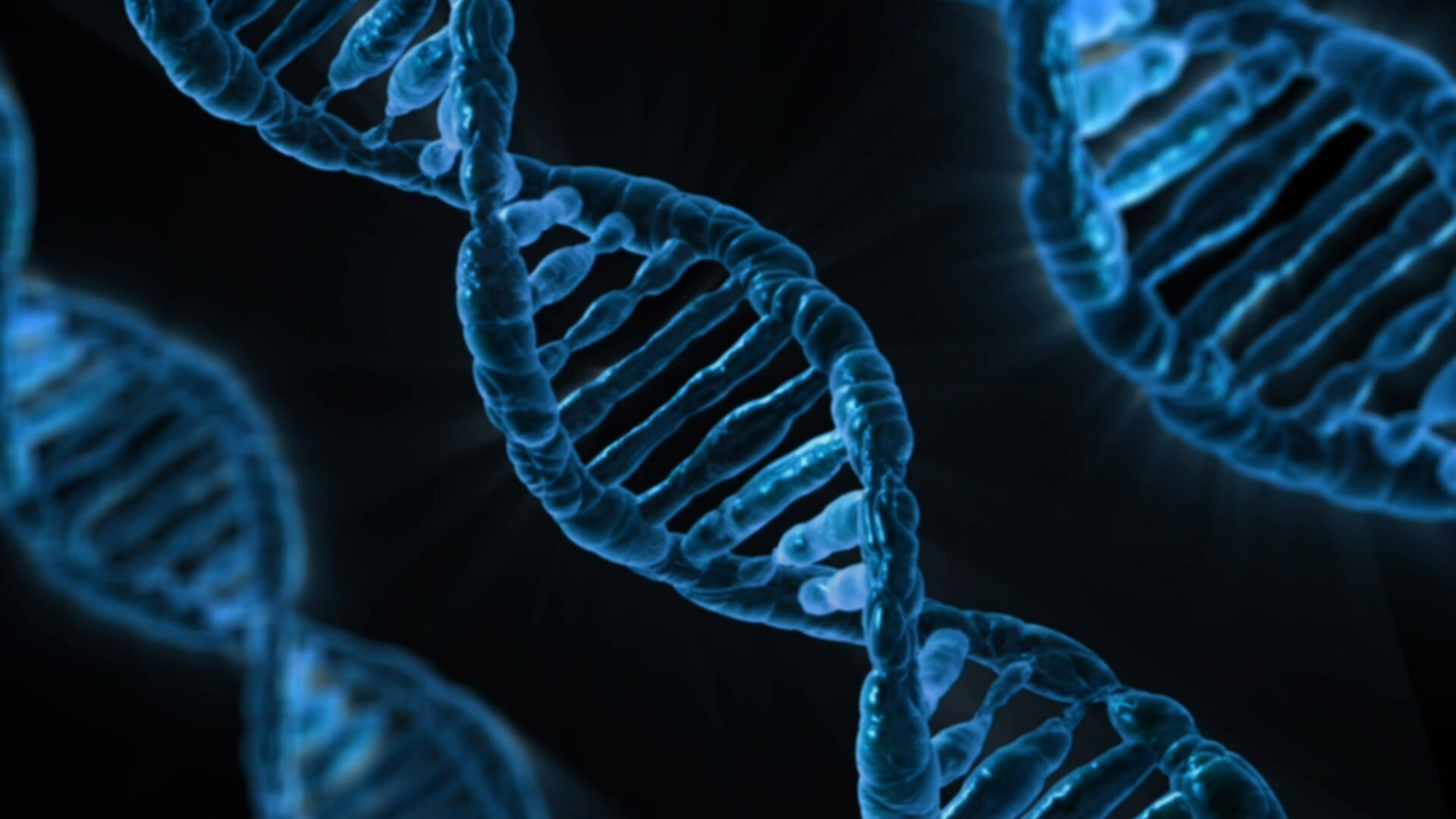
An international team of scientists has sequenced the whole genome from an adult male Egyptian who lived between over 4,500 years ago - a few centuries after Egyptian unification, bridging the Early Dynastic and Old Kingdom periods.

A team of researchers in the UK has started an ambitious new scientific project: to create an artificial human genome entirely from scratch.

Gene expression, where cells use the genetic information encoded in DNA to produce proteins, has been thought of as a dimmer light.

A US infant with a rare condition has become history's first patient to be treated with a personalized gene-editing technique.

Combining several existing datasets, scientists zeroed in on thousands of potential new genes that make roughly 3,000 miniproteins.

Scientists have taken an important step forward in understanding the human genome - our genetic blueprint - by fully deciphering the enigmatic Y chromosome present in males, an achievement that could help guide research on infertility in men.

To build the pangenome, scientists used data from the 1000 Genomes Project, which included participants from across ethnic groups. The development is a landmark in genomics.

A new study proves same-sex reproduction in mice is possible, raising the distant possibility of using the same technique for people.

Chinese researchers have created the world’s first cloned Arctic wolf — an achievement that could help save other species from extinction and ensure the biodiversity of our planet.

Scientists have developed a quick genetic test that can diagnose a large range of rare muscle and nerve diseases with near perfect accuracy.

A genetic mutation that a Chinese scientist attempted to create in twin babies born last year, ostensibly to help them fend off HIV infection, is also associated with a 21% increase in mortality in later life.

New computational analysis finds that more than two dozen human zinc finger transcription factors, previously thought to control activity of similar genes across species have in fact human-specific roles and could help explain the evolution.

Eight infants with the life-threatening inherited disorder received experimental gene therapy. They experienced substantial improvements in immune system function and normal growth up to two years after treatment.

A new U.S. study challenges prevailing understandings of genes as immutable features of biology that are fixed at conception and founds that poverty leaves a mark on nearly 10 percent of the genes in the genome.

Research funded by NASA has led to the creation of an entirely new flavor of the DNA double helix, one that has an additional four nucleotide bases. It's being called hachimoji DNA.